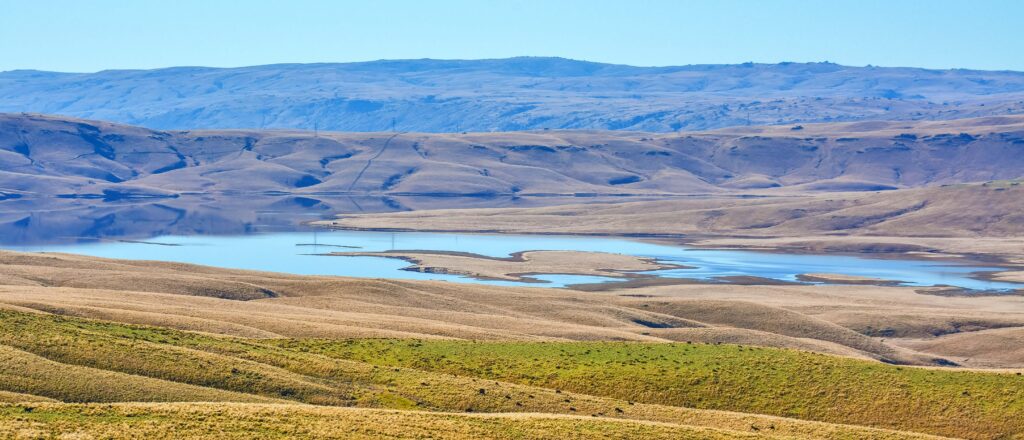The electricity market is a complicated beast to understand and now the Government has proposed to add pumped hydro at Lake Onslow to the mix. You hear rather mixed messages from industry stakeholders about it. Brendon Harre wrote about pumped hydro in general for Garry’s newsletter earlier this year. Let us look at some of the background.
Once upon a time, our electricity market was quite simple. We used to have the New Zealand Electricity Department (NZED), and they controlled and operated almost all New Zealand’s electricity generation and operated the electricity transmission grid. Add in some locally owned generators (mostly councils) and grid operators (here in Christchurch, that was Southpower) and it was all good. Along comes Max Bradford with his electricity reforms of the 1990s, promising us cheaper electricity if we broke the whole thing up, privatised a lot of it and created competition in the market. At the time, I thought that was outright weird as it would never, ever result in cheaper power. Of course, that was not what happened (electricity prices have risen by quite some), and I now believe cheaper power was not what was intended. It was privatisation of public assets by stealth. It was about creating business opportunities for the rich and the corporates so that they keep donating to the National Party. It is how the National Party operates. This is how we keep widening the wealth gap.
At the local level, we had Southpower as both a grid operator and electricity retailer. Bradforms reforms forced councils to split grid operation and retail and sell one part off to the private sector. We were left with Orion as the publicly owned grid operator and the retail part now sits with the private sector.
Since those reforms, we have competition in the market. That must be a good thing, surely? Towards the end of last year, there were allegations by some smaller power retailers that the big generators were spilling water in the South Island, thus creating high power prices, and earning a mint from their actions.
But the flaw in the electricity market is that regardless of whether or not Contact and Meridian have in fact been caught in the act of underutilising their hydro plants, it could in theory have been in their economic interests to do so and to keep the coal and gas turbines at the Huntly power station spinning.
Tom Pullar from Stuff, 17 December 2019
And that is the crux. The market is now set up where the first objective is no longer to supply people with electricity as cheaply as possible, but to maximise profits for shareholders. The Electricity Authority has recently found Meridian Energy guilty of manipulating the electricity market at a cost of $80m to consumers (shareholders, I understand, are happy, though; that said the fine for doing this has not been set yet).
That brings me back to the pumped hydro proposal. If built, it will smooth out electricity generation and thus deny the big generators the chance of manipulating the market. It will cut their margins. And of course, this is totally counter to their objective of maximising return to their shareholders. As such, it is in the interest of the big generators for the pumped hydro proposal not to go ahead. And therefore, there are a lot of industry players coming up with all sorts of reasons why the Lake Onslow proposal is not a good idea. It is very hard to differentiate genuine concerns from vested interests.
Fact is that the Lake Onslow proposal is the country’s chance to get to 100% renewable electricity generation. Fact is also that existing generators are not happy with their earning potential reducing and therefore, any dissenting voices need to be treated with caution.

Leave a Reply